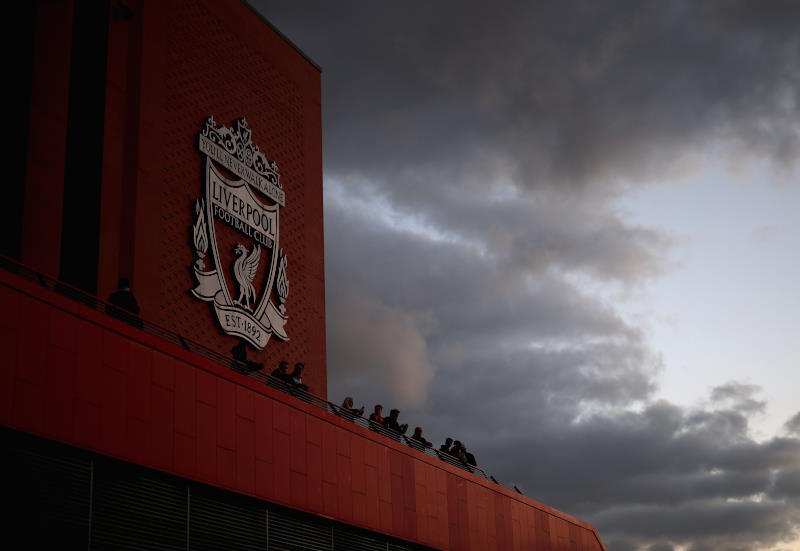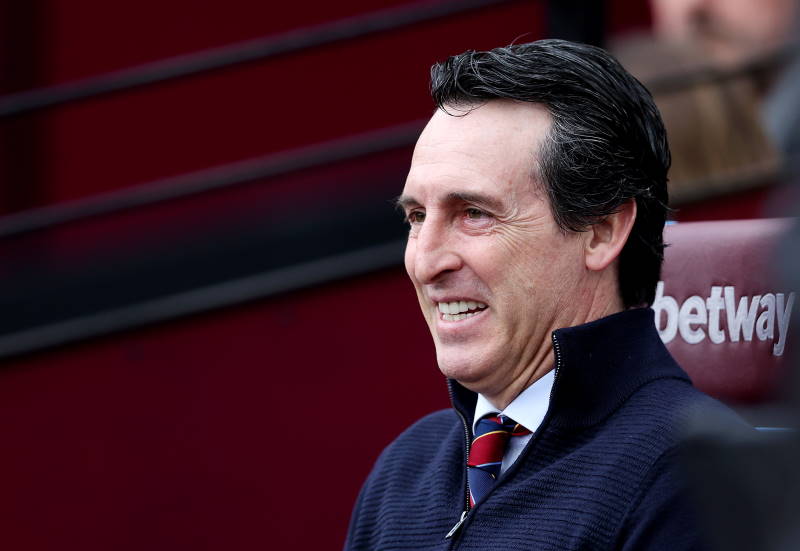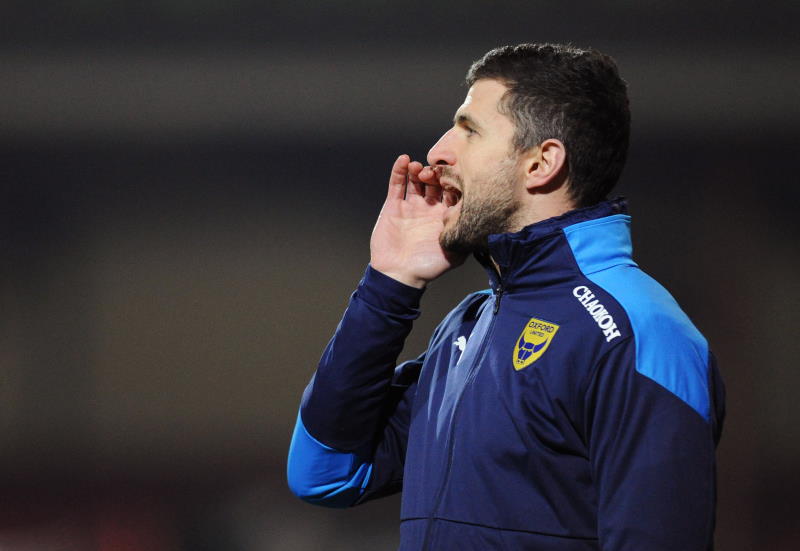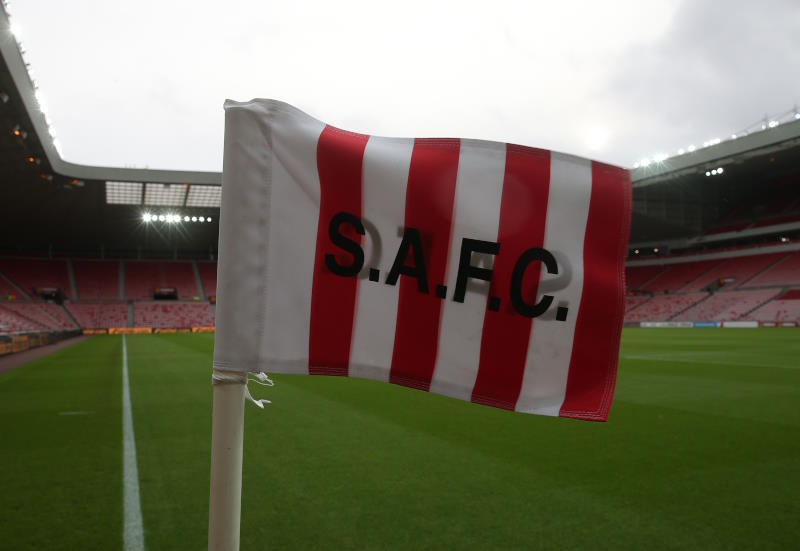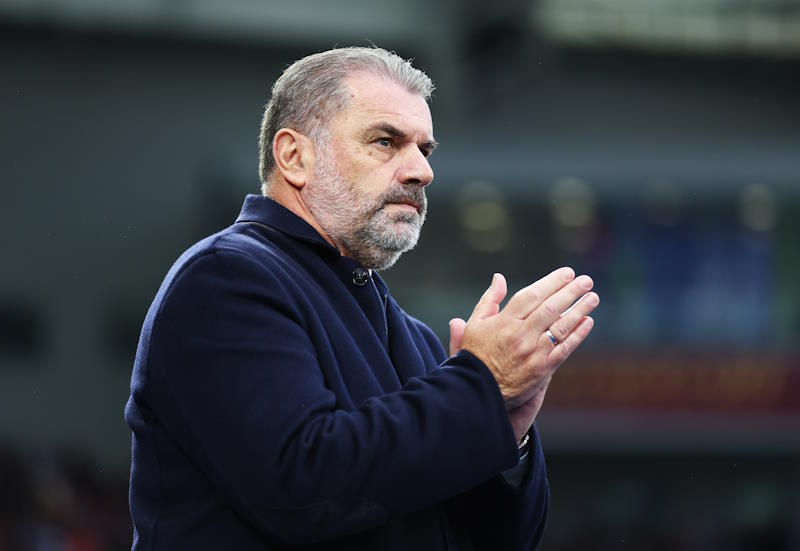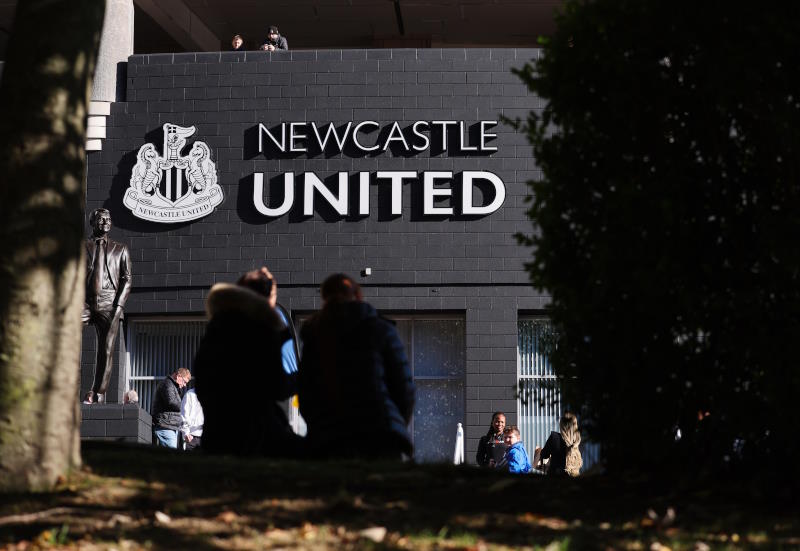
In 1961, John F Kennedy was the president of the United States, the Vietnam War was only just beginning in earnest and the Berlin wall was being built. Elsewhere, understandably a mere ripple compared to other events, Guy Roux had been appointed as manager of small French side AJ Auxerre, an unknown team that languished even below the amateur ranks.
44 years, a Ligue 1 title, four Coupe de Frances and a run to the semi-final of the UEFA Cup later, Roux’s reign came to an end; but the Frenchman left as the longest serving manager in European football. His efforts made the team what they are today, turning the tiny outfit into one of France’s biggest clubs, as well as a prolific producer of some of the most talented players in the country’s history. Eric Cantona, Laurent Blanc and Enzo Scifo all owe much to Roux.
His story is as remarkable as it is lengthy, and it all began with a speculative application in 1961 after an undistinguished playing career at the Burgundy outfit, who had gone through 10 coaches in 17 seasons prior to Roux’s arrival. In 1958, three years before he was appointed manager, Auxerre were relegated to the Division D’Honneur.
It was to be the last time in the AJA's history that the club suffered such a fate.
Roux was originally chosen in part because he asked for less money than other candidates with stronger CVs, but his dedication to Auxerre was clear from the outset and he soon began building a dynasty. The first years were a struggle, with Roux away on military service between 1962 and 1964, and the team being saved from relegation in between only by the league’s decision to expand. Such was the lowly standing of the Burgundy side and their manager’s small wage packet, that he had to work as a journalist for a French paper to finance his trip to the World Cup in 1966.
His work ethic never waned though, and Roux even helped out on the club’s switchboard from time to time. In 1970 Auxerre won the league and were promoted to the third division, leaving the regional game. It is difficult to comprehend in hindsight, but their accession to the amateur game was a significant achievement and highlights just how small a team this was prior to Roux’s appointment.
The 1970s were something of a golden age – though some would say the whole of Roux’s managerial career was precisely that. In 1974, AJA were again promoted and competed with professional teams for the first time in Ligue 2. The Burgundy side soon created their first training centre, a feat that was followed shortly after by the team producing an international player – their first. Auxerre were quickly voted ‘best amateur side’ and received the award of a trip to the West Indies; soon after the side gained their first sponsor.
In 1979, AJA shocked the country by reaching the final of the Coupe de France, although Roux could not mastermind a victory and Nantes took the trophy. A year later, the upwardly mobile side won a first ever promotion to Ligue 1 – the club have stayed put ever since. The Roux story though still had a long way to go.
Auxerre opened what would become an esteemed youth academy in 1983, the Centre de Formation, and a year later qualified for Europe. During the decade Roux would lead AJA to beat the likes of AC Milan and Liverpool, but trophies remained elusive. In 1993, Auxerre were just a penalty shootout away from the final of the UEFA Cup, but lost to Ruhr giants Borussia Dortmund. But one year later the Coupe de France was won and in 1996, the pinnacle of Roux’s reign came – the league and cup double.
Auxerre then acted to keep the miracle worker at the helm in 1998 when Aime Jacquet left his post as France manager after leading the country to their first ever World Cup triumph, of which three of the club’s players were a part. At the end of his three-year contract in 2000, Roux decided he would move upstairs, but he was back a year later, and guided AJA to two further Coupe de France trophies, equalling a French record.
In 2005, the wily manager finally left after 2,000 games, a spell which included a record 890 top flight matches. Roux had controlled the entire club, going to extraordinary lengths to keep his players in line.
One night Roux chained the moped of former Auxerre star Basile Boli to a wall when he discovered the player had been escaping from the club’s academy as a teenager – the manager waited for the Boli to return, dangling a key in front of the future France international. Boli went on to become an Auxerre legend and credits his manager with making AJA the club they are almost single-handedly.
Roux also frequented nightclubs and to drag players away himself, retaining an iron fist over all things at the Burgundy outfit during his four and half decade-long tenure. This was a man with an authority few would dare challenge; it contrasts greatly with the modern player, for whom the idea of a manager lasting for more than a season or two is more wishful thinking than a realistic prospect.
In the modern day and the age of short termism, where managers are changed with increasing regularity, Roux’s tenure at Auxerre was the ultimate exercise in long term planning and discipline, and the stability the club enjoyed brought never before seen success. Words like unique and one-off are bandied about regularly in modern football parlance; but Roux is deserving of every such adjective going. Football will not see another like him again.

